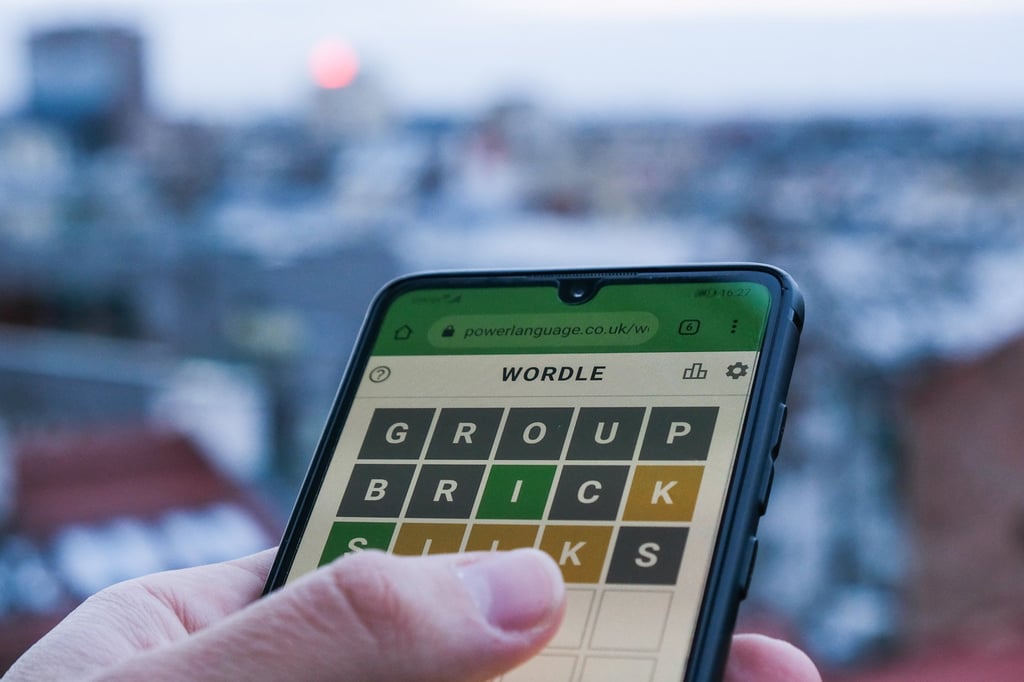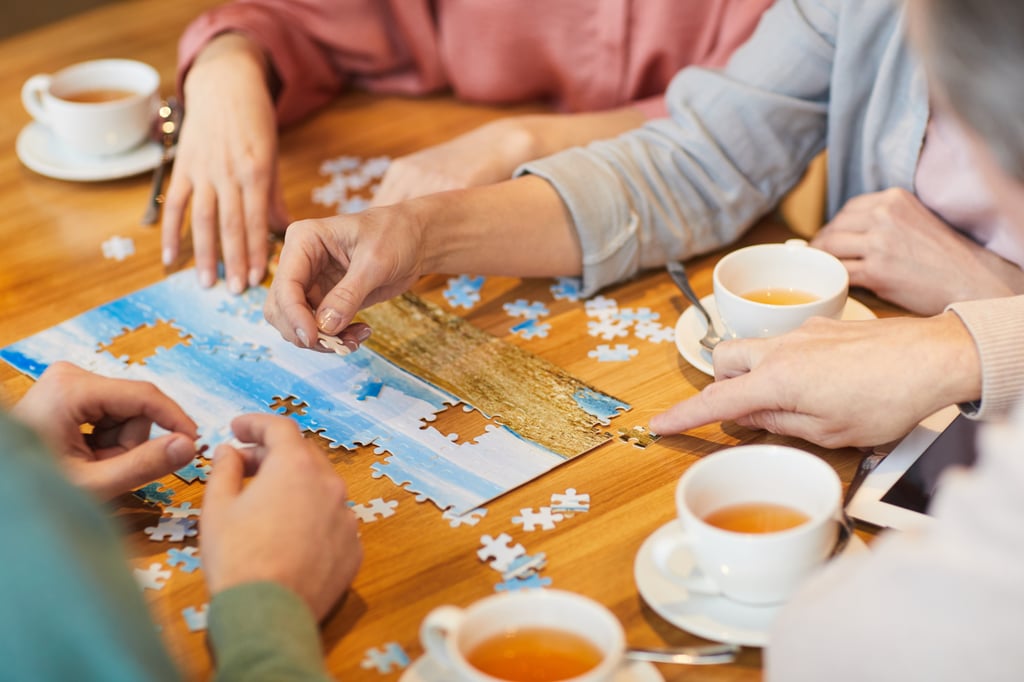Remaining cognitively active, studies have found, can delay dementia by several years in vulnerable older adults.

The Alzheimer’s Association, based in the US state of Illinois, suggests the best way to build cognitive muscle is to “stump yourself”. If the puzzles you undertake no longer foil you – because you’ve cracked the code or because they have become so familiar – they will not be much more than just a daily habit.
There are thousands of games available as apps. The brain training app market was estimated to be worth almost US$10 billion in 2023 and is expected to increase sixfold by 2031.

As Sahakian observes, though, not all games are created equal. They need to really test you to make a difference and they need to challenge the right parts of the brain in the right way.
As a professor of clinical neuropsychology, Sahakian focuses on understanding the relationships between brain and behaviour, how to apply this to diagnosing brain disorders, and designing effective treatment.
She has worked with game designers to develop games that do give the brain a good workout, based on evidence from research.

We need to focus our attention to learn and remember.
Players must detect sequences of digits such as two-four-six, three-five-seven, or four-six-eight. Digits from two to nine appear in a white box in the middle of the screen, at a rate of 100 digits a minute. Players press a button every time they detect a sequence.
Playing Decoder on an iPad for eight hours over one month improved attention and concentration, a study showed.
The game has been licensed to app developer Peak.
What’s important about any brain game you play, says Sahakian, who also helped develop a game for memory, is to ensure you are being cognitively challenged.
“If a game becomes too easy, it will not be beneficial to your brain and cognition,” she says.
Some brain training apps can be helpful to track changes if you’re worried about your memory. Dementia Australia recommends BrainTrack, a free app that helps you monitor and understand changes in your cognition over time.
Players visit a different country virtually each month, with different travel companions. They must keep track of luggage, calculate expenses and more – to test their brain function.
It can be useful to discuss your results with this app in conversation with your GP if you are concerned, it suggests.
Brain challenges need not come as apps on screens to be good for our brains. According to one study, old-fashioned jigsaw puzzles – invented in the 1760s – are good, too.
The authors wrote that jigsaw puzzling requires many cognitive skills, including visual perception in recognising objects, patterns, and line orientation, and cognitive flexibility in having to switch attention between different strategies and puzzle pieces.

I remember watching my mother grow increasingly challenged by jigsaws as her dementia grew more advanced, until she really had no clue what she was meant to do with the pieces at all.
Many studies point to reading, chess and even knitting as being neuroprotective; they all demand focus, can be calming, and may be done with friends.
A study her team published in Psychological Medicine showed that reading for pleasure in early childhood is beneficial for the brain, cognition, mental health and well-being in adolescence.
“Those adolescents who read for pleasure early in childhood also had better school attainment.”

Reading can begin and be encouraged at any age irrespective of formal education. Researchers found that women denied access to the workplace in the 1950s furthered themselves – and helped to protect their brains – because of their at-home reading.
To age well, Sahakian reminds me, avoid smoking, excessive alcohol, social isolation and lack of exercise. Challenge yourself by learning new things, reading, and yes, if they stretch you cognitively or relax you, playing brain training games.
Puzzles, it seems, are just another small weapon to add to the arsenal we need to employ against dementia. I’ll keep doing mine.

